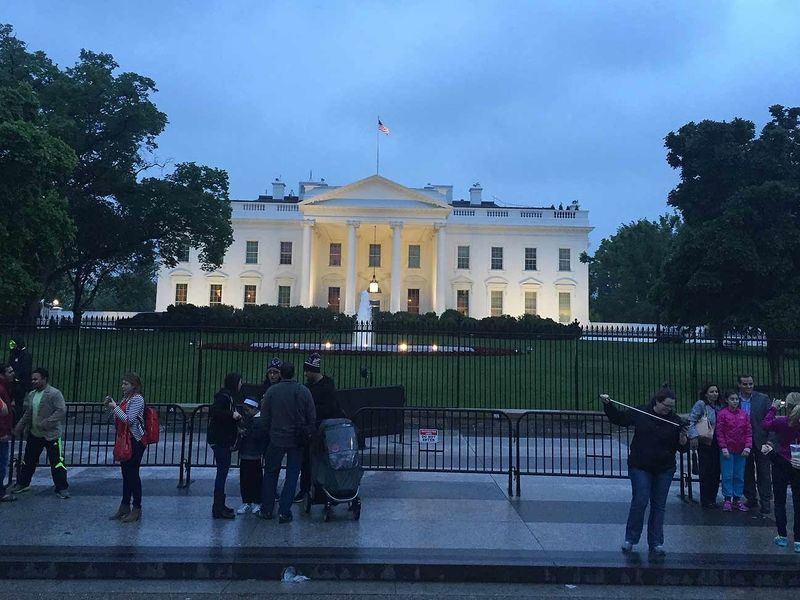
Three factors will be pivotal in shaping the automotive industry’s trajectory, according to Cox Automotive Chief Economist Jonathan Smoke: the spread of COVID-19 and a potential vaccine; the size and timing of an additional round of government stimulus; and the outcome of the 2020 election. But perhaps the most important is who will be president, because it will likely influence the continuing efforts to abate the deadly virus and provide financial support to impacted Americans.
In a Tuesday blog post that posits former Vice President Joe Biden will win the presidential race next week, Smoke outlined several ways that a new leader would impact the auto finance landscape.
Here are some key takeaways:
After months of bickering, the Senate adjourned this week without reaching a deal on another stimulus package. Major auto lenders called for more government support during earnings this month, warning that portfolio performance could suffer if consumers aren’t given more assistance. A Biden win may result in an even larger stimulus package than the one Congress rolled out in April. Smoke predicts a $3 trillion package would be supported under a new administration, particularly if there’s a “blue wave” in the White House and the Senate that would remove the obstacles encountered earlier.
Renewed stimulus is likely regardless of who wins the election, said Mike Buckingham, senior director of the auto finance practice at J.D. Power. But another large hit of government funding relies on the Senate race as well.
Without the support of the Senate, Biden “can’t just walk in and authorize a stimulus of $2 trillion dollars” if he takes office, Buckingham said.
Luxury vehicle and corporate fleet sales could take a hit under a Biden presidency, Smoke said, as he plans to fund part of his spending programs with increased taxes on Americans in the top tax brackets.
“Higher taxes will subtract from some of the potential economic growth created by government spending,” Smoke said, citing additional payroll taxes on income above $400,000 and raising corporate taxes among others.
Buckingham disagrees that luxury buyers will be much impacted by additional taxes and that shifting economic factors will dictate more of their buying decisions. Even in the midst of the pandemic and a volatile stock market, luxury buyers remain a resilient group.
“If you look at the luxury market right now, it’s really been a K-shaped recovery. The more affluent people have recovered well, while low-income people have not,” he said.
Federal financial regulation via the Consumer Financial Protection Bureau is likely to be strengthened with Biden in the Oval Office, which Smoke said could put a spotlight on the auto finance industry as it contends with delinquent auto loans from earlier in the pandemic.
“The timing could not be worse since rising repossessions early in 2021 will get the focus of the administration and Congress,” Smoke said.
A Biden presidency could give the CFPB sharper teeth, Buckingham said. Kathy Kraninger, whom President Donald Trump appointed head of the CFPB, has been hesitant to impose regulation by enforcement actions, and consumer advocates warned of a “defanged” bureau. However, Kraninger’s team has been active in regulating auto lenders, last month requiring Nissan Motor Acceptance Corp. to pay a $4 million fine to settle allegations that it improperly repossessed hundreds of consumers’ vehicles.
“The main concern is fear of the unknown,” Buckingham said. “You’ve gotta take that as more rules, more scrutiny on the lending community. Hopefully, it’ll be fair scrutiny, not just costly regulation that really, at the end of the day, does not benefit the consumer.”